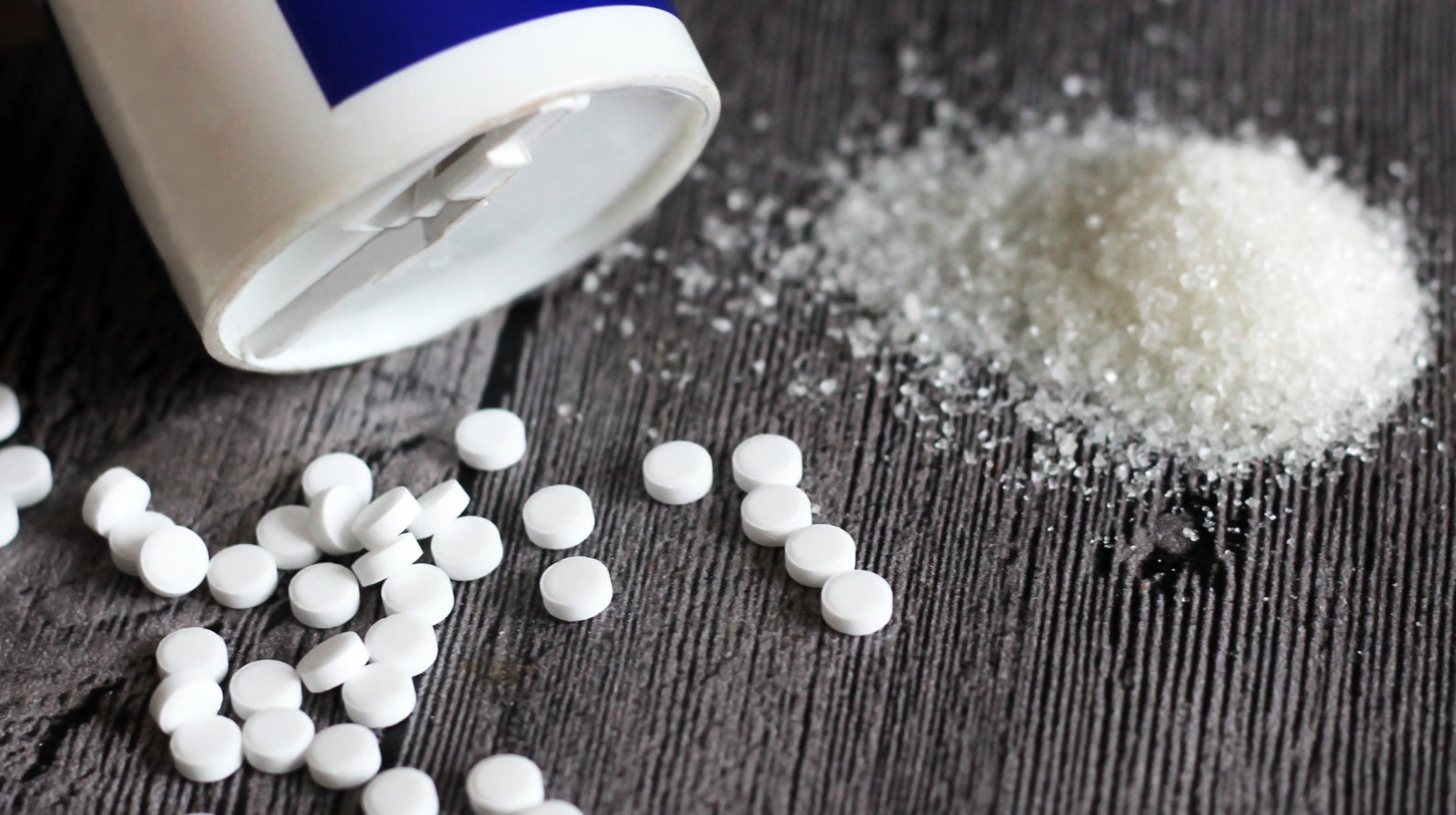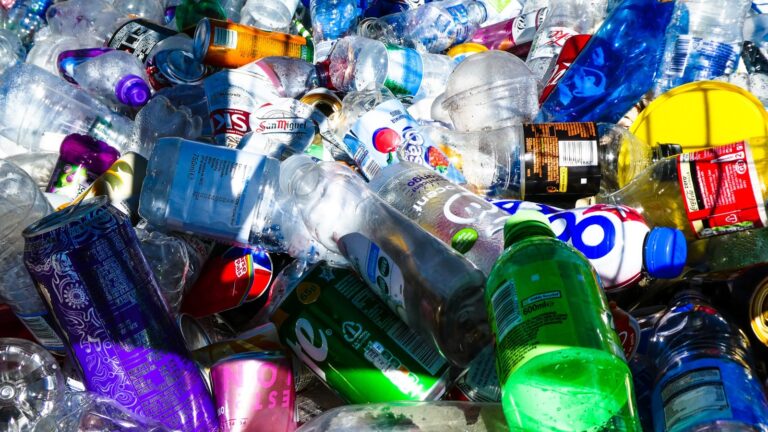FDA-approved artificial sweeteners and sport supplements are toxic to digestive gut microbes, according to a new paper published in the journal Molecules by researchers at Ben-Gurion University of the Negev (BGU) in Israel and Nanyang Technological University in Singapore.
The collaborative study indicated relative toxicity of six artificial sweeteners (aspartame, sucralose, saccharine, neotame, advantame, and acesulfame potassium-k) and 10 sport supplements containing these artificial sweeteners. The bacteria in the digestive system became toxic when exposed to concentrations of only one milligram per milliliter of these substances.
“We modified bioluminescent E. coli bacteria, which luminesce when they detect toxicants and act as a sensing model representative of the complex microbial system,” said BGU biotech engineering Prof. Ariel Kushmaro, a member of the Ilse Katz Institute for Nanoscale Science and Technology and the National Institute for Biotechnology in the Negev.
“Consumption of artificial sweeteners has been linked with adverse effects such as cancer, weight gain, metabolic disorders, type 2 diabetes and alteration of gut microbiota activity,” the researchers said. “This is further evidence that consumption of artificial sweeteners adversely affects gut microbial activity which can cause a wide range of health issues.”
Artificial sweeteners also have been identified as emerging environmental pollutants. The researchers noted that their traces have been found in drinking and surface water as well as groundwater aquifers.
Additional researchers who participated in the study from BGU are PhD student Dorin Harpaz and Prof. Robert S. Marks.
Fighting for Israel's truth
We cover what makes life in Israel so special — it's people. A non-profit organization, ISRAEL21c's team of journalists are committed to telling stories that humanize Israelis and show their positive impact on our world. You can bring these stories to life by making a donation of $6/month.









